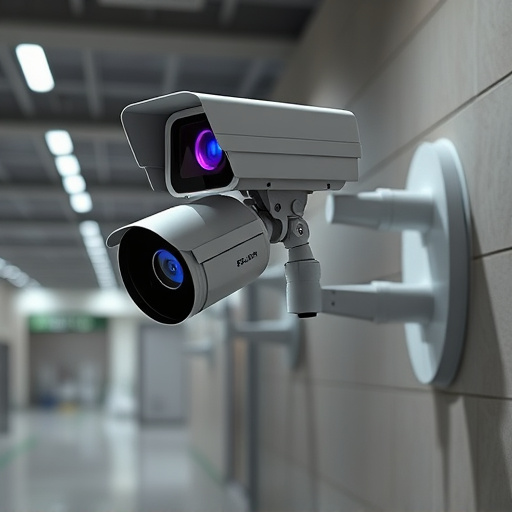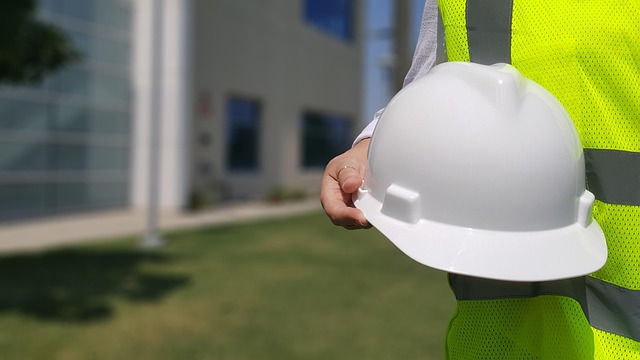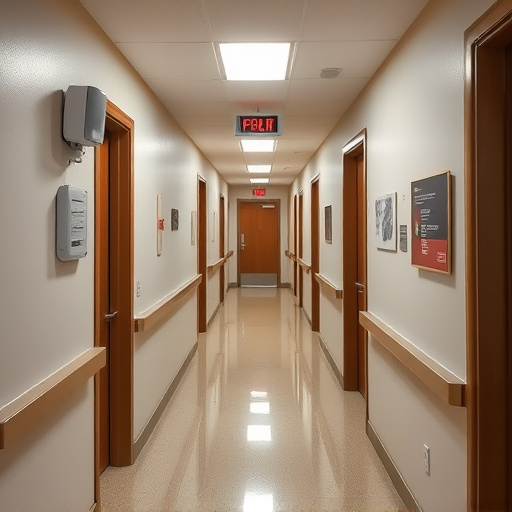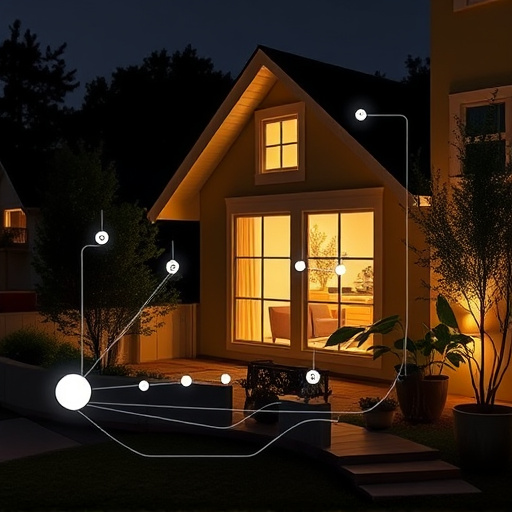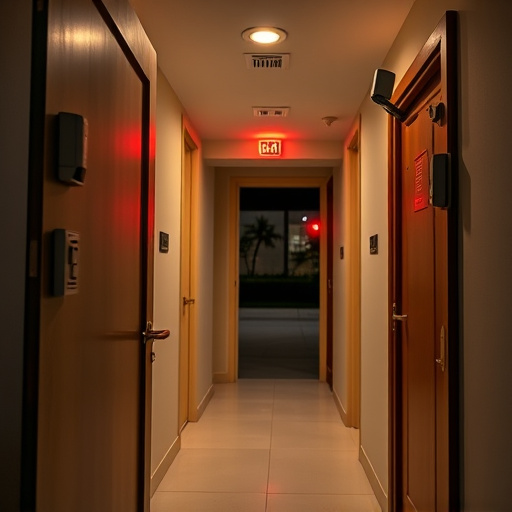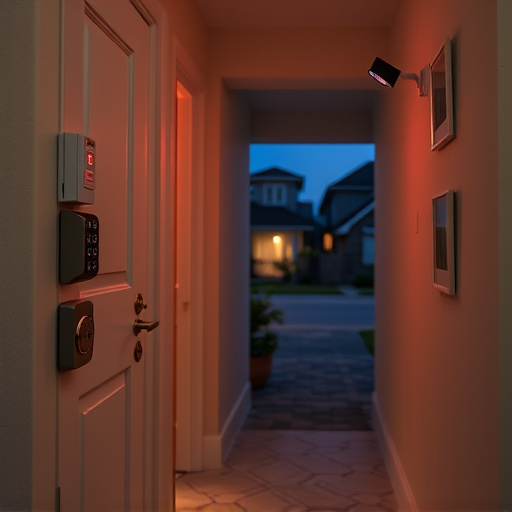Personal safety awareness is often overlooked but crucial. Many underestimate daily risks and basic self-defense skills, leaving them vulnerable in crowded places or emergencies. Setting clear personal boundaries, learning survival skills, and prioritizing mental health are key components. By enhancing awareness, individuals can stay proactive, make informed decisions, and boost security in all aspects of life.
Personal safety awareness is a vital skill set often overlooked in our daily lives. This article explores common mistakes that can compromise your security, from underestimating daily risks to neglecting basic self-defense skills and mental health’s impact. Understanding these pitfalls is crucial for navigating crowded spaces, setting healthy boundaries, and being prepared for emergencies. Equip yourself with the knowledge to stay safe and secure in every aspect of your life.
- Underestimating Daily Risk Exposure
- Neglecting Basic Self-Defense Skills
- Lack of Awareness in Crowded Places
- Ignoring Personal Boundaries
- Inadequate Preparedness for Emergencies
- Overlooking Mental Health's Impact on Safety
Underestimating Daily Risk Exposure

Many individuals often underestimate their daily risk exposure, assuming that dangers are only present in specific, high-risk environments. This misconception leads to a lack of personal safety awareness, causing people to be unprepared for potential hazards that could arise anywhere. Everyday activities, such as walking to work, waiting at bus stops, or even shopping at the local market, come with inherent risks that should not be ignored.
Personal safety awareness involves recognizing and assessing these everyday risks. By understanding the potential dangers, individuals can take proactive measures to protect themselves. This includes being vigilant, staying informed about your surroundings, and knowing how to respond in various situations, ensuring a higher level of security and peace of mind.
Neglecting Basic Self-Defense Skills

Many people often overlook the importance of basic self-defense skills in their pursuit of personal safety awareness. They assume that being aware of surroundings and having a general knowledge of potential risks is enough to keep them safe. However, learning fundamental self-defense techniques can empower individuals to handle unexpected situations effectively. It’s about understanding how to de-escalate conflicts, use everyday objects as weapons if necessary, and apply simple yet powerful moves to defend oneself until help arrives.
Neglecting these basic skills is like leaving a house without locks or alarm systems—you’ve taken a significant step towards vulnerability. Personal safety awareness shouldn’t stop at recognizing potential dangers; it should include practical measures to mitigate those risks. By investing time in learning self-defense, individuals can gain confidence and the tools needed to navigate potentially dangerous situations with greater ease and security.
Lack of Awareness in Crowded Places

In crowded places, a stark reality often overlooked is that personal safety awareness can take a back seat. The hustle and bustle of daily life in bustling cities or during peak events can create an environment where individuals become less vigilant about their surroundings. This lack of awareness can be a potential invitation for opportunistic crimes like pickpocketing or even more severe incidents.
Folks must remember that personal safety awareness is not just a concern for solitary walks; it’s paramount in crowded areas. Navigating these situations requires heightened senses and a mindful approach to protect oneself from unseen dangers. By being proactive and staying alert, individuals can ensure they remain secure amidst the chaos, making every gathering or journey a safer experience.
Ignoring Personal Boundaries

Many individuals overlook the significance of setting and respecting personal boundaries, which is a critical aspect of personal safety awareness. Personal boundaries establish physical and emotional limits that help protect one’s well-being. When people fail to recognize and communicate their boundaries, they may find themselves in vulnerable situations. For instance, accepting every social invitation or allowing others to intrude on your personal space can make you an easy target for manipulation or even physical harm.
Educating yourself about personal boundaries and learning to assert them effectively is a powerful tool for ensuring safety. It empowers individuals to make informed decisions, say ‘no’ when necessary, and create a safe environment around them. By recognizing and honoring your boundaries, you take a significant step towards maintaining control over your life and well-being, an essential element of personal safety awareness.
Inadequate Preparedness for Emergencies

Many individuals often underestimate the significance of personal safety awareness, which can lead to severe consequences during emergencies. Inadequate preparedness is a common mistake; people assume that accidents or dangerous situations won’t affect them directly. This false sense of security can be deadly. Emergency scenarios, such as fires, natural disasters, or sudden medical emergencies, require quick thinking and the knowledge to respond effectively.
Personal safety awareness involves learning basic survival skills, understanding risk assessment, and having a well-crafted emergency plan. It’s about being ready to protect yourself, make informed decisions, and keep calm under pressure. By investing time in education and practice, individuals can significantly improve their chances of staying safe and minimizing potential harm during unforeseen events.
Overlooking Mental Health's Impact on Safety

Personal safety awareness goes beyond physical well-being; it encompasses mental health as a critical component. Many individuals make the mistake of viewing safety solely through the lens of physical harm, overlooking the intricate connection between mental stability and overall security. In today’s fast-paced world, stress, anxiety, and depression are prevalent issues that can significantly impact an individual’s ability to assess and navigate potential dangers effectively.
When mental health is neglected, it casts a shadow over one’s judgment and decision-making processes, making it easier to become a victim of unforeseen circumstances. Recognizing the interplay between mental wellness and personal safety awareness is paramount. It encourages individuals to prioritize self-care, seek support when needed, and develop robust strategies to enhance their overall resilience in various aspects of life.
Personal safety awareness is an essential aspect of daily life that often goes overlooked. By understanding and addressing common mistakes, individuals can significantly enhance their overall security. Underestimating daily risk exposure, neglecting self-defense skills, and failing to remain aware in crowded areas can have severe consequences. Additionally, setting healthy personal boundaries and being prepared for emergencies are vital components of personal safety. Moreover, recognizing the impact of mental health on one’s safety is crucial, as it can affect decision-making and vulnerability. By avoiding these pitfalls, we empower ourselves to navigate the world with greater confidence and peace of mind.
